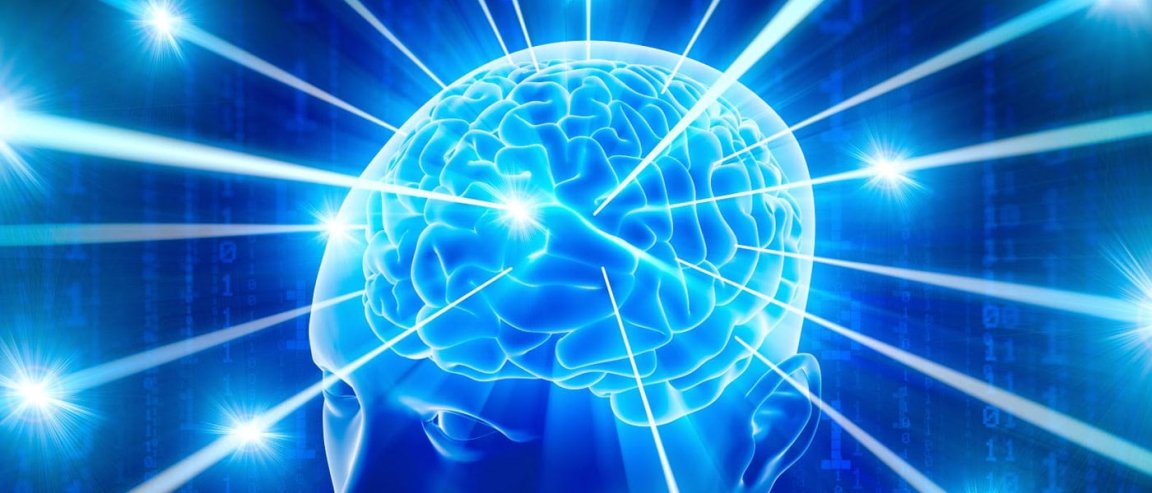
Data-driven molecules
A team of MIT researchers led by Alán Aspuru-Guzik developed an artificial intelligence (AI) program that could change the way pharmaceutical research is conducted.
Usually, drug development research relies on simulations that attempt to identify or predict useful molecular structures based on rules written by chemists for pools of candidate molecules. This approach is often limited by human involvement, the accuracy of available simulations, and required processing power.
The new AI is more independent, and does away with tiresome simulations using deep learning. This is applied through a generative model, which takes in a ton of data and uses it to create plausible new data.

“Continuous representations allow us to automatically generate novel chemical structures by performing simple operations in the latent space, such as decoding random vectors, perturbing known chemical structures, or interpolating between molecules,” according to the study.
“It explores more intuitively, using chemical knowledge it learned, like a chemist would,” says Aspuru-Guzik.
Learning chemistry
The AI’s generative model used was trained on 250,000 drug-like molecules. It’s able to generate plausible new structures using knowledge of properties of existing drug compounds and combining them. It could even suggest which molecules strongly showed certain properties, like solubility and being synthesized with ease.
“I think this could be very broadly applicable,” says Vijay Pande from Stanford, who wasn’t involved in the study. “It could play a role in finding or optimizing lead drug candidates, or other areas like solar cells or catalysts.”
Aspuru-Guzik thinks the AI’s chemical knowledge will improve given more data. It will also increase its power, similar to how generative models improve with databases of millions of photos to perform image recognition.
Nowadays, we hear a lot about how AI will be disruptive, in terms of being misused, robots taking over human jobs, and the hypothetical Singularity. Here’s an actual AI that’s disruptive in a good way: it can help save lives.